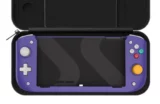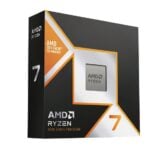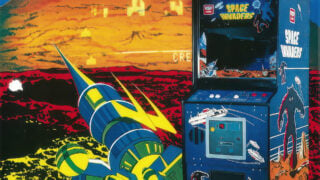More Dead Cells DLC planned as the game tops 10 million sales
Developer Evil Empire also confirms it’s reviving two retro IPs

The studios behind Dead Cells have said the game will be supported with further content after it cleared a significant new sales milestone.
On Monday, original developer Motion Twin, and Evil Empire, an offshoot studio established to handle the game’s DLC, announced that the title has surpassed 10 million sales.
The roguelike, Castlevania-inspired, action-platformer launched in early access on Steam in May 2017 before releasing the following August for PS4, Xbox One, Switch and PC. iOS and Android versions followed in 2019 and 2020 respectively.
The celebrated indie game has received over 30 free updates and four paid DLC releases to date, including this year’s Dead Cells: Return to Castlevania, a crossover featuring the famous Konami franchise.
“Following the success of Dead Cells: Return to Castlevania, Evil Empire has been exploring the path forward for the title as a whole,” the company said on Monday.
“With years of successful updates and expansions behind it after taking over live ops of Dead Cells in 2019, the studio is tinkering with its time-tested methodology, experimenting with ideas for future updates and new ways for fans to enjoy one of their favorite roguelikes.”
Coinciding with today’s announcement, Evil Empire CEO Steve Filby told GamesIndustry.biz that the studio has a roadmap of content that stretches to at least the end of 2024.
He also said it’s working on two new games based on dormant existing IP, while Motion Twin is focused on an original IP. The first game will hit Early Access in 2024, with the other planned for 2025.

“We’re not going to make a copy-and-paste of a previous thing,” Filby said. “We really are talking about rebooting or reinventing. The IPs that we’re working on have been dormant for quite some time but you can’t offer what was previously offered. You have to make a game for today’s audiences. You can’t expect your crappy jokes from the ’90s to work with today’s audience.
“It’s also important that it’s co-creation. We’re not a work-for-hire studio. Even if you were to come to us with a brief and say, ‘Here’s $6.5 million and you have 372 days to make this game with exactly that amount of money to these exact specifications’, that’s not what we do.
“[The IP holders] gave us the creative freedom and the cash to make this thing and we’ll go away and do something awesome with it, and come back and hopefully have a game that’s gonna resonate with people today, while still bringing to the forefront the strong elements of the IP.”
















